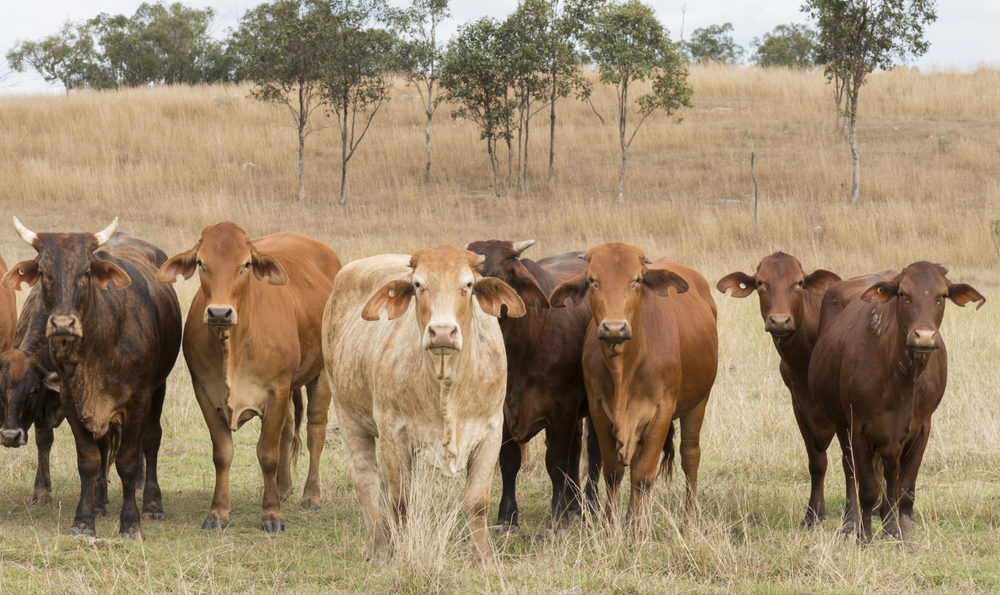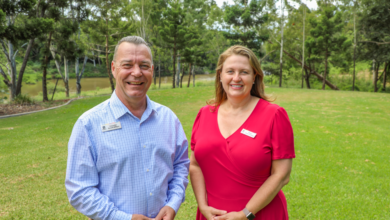Primary producers in the Ipswich area might now be entitled to drought relief from the State Government after the total area of Queensland that is drought-declared rose to 65.2 per cent.
The declaration was made May 1, after a significant lack of rainfall across central, southern and south east Queensland.
Minister for Agricultural Industry Development Mark Furner said he had accepted the recommendations of local drought committees to drought declare further areas as there were serious concerns around pasture growth and water supplies.
“The local drought committees (LDCs) from the central, southern and south east Queensland regions have met and assessed the seasonal conditions from April 2018 to March 2019,” Mr Furner said.
“These areas saw significantly-below average rainfall over the last year, and the rainfall they did receive had little impact on breaking the ongoing drought.
“Therefore I have accepted the recommendations of the LDCs and my department to drought declare five additional shires and extend or issue part drought declarations in four others.”
The new declarations cover Ipswich City Council, the remainder of Western Downs Regional Council, Scenic Rim Regional Council, the remainder of Banana Regional Council, Gladstone Regional Council, Rockhampton Regional Council, Livingstone Shire and the southern portion of the Central Highlands Regional Council including part of the Woorabinda Aboriginal Shire Council area, defined as south of the Capricorn Highway.
“These declarations allow us to target assistance to primary producers who are doing it tough, and supporting agricultural industries and jobs in the process,” Mr Furner said.
“Already the Queensland Government has invested more than $670 million since 2013 to help drought-afflicted communities.”
Mr Furner said with the drought continuing unabated, Queensland drought commissioners Vaughn Johnson and Mark O’Brien had been reappointed.
“The commissioners are filling an important role connecting regional Queenslanders with appropriate assistance and providing direct input to the Government’s ongoing drought assistance measures,” Mr Furner said.
Mr Furner said a lack of summer rainfall and increased temperatures have had a major impact on agriculture production, as this is the key period for our livestock and cropping systems that dominate Queensland’s primary industries.
“The drought has seen poor pasture growth, failed winter and summer crops in many areas, as well as significant concerns about stock, irrigation and rural domestic water supplies moving forward into our normally dry winter period,’ Mr Furner said.
“And while central Queensland received recent rainfall triggering some winter crop plantings such as forage oats, barley and chickpeas, follow-up rain will be essential.”
Mr Furner said LDCs across northern and western Queensland had delayed their annual meetings until May.
“After the well above-average rainfall and flooding in these areas, the LDCs will be able to better assess the conditions and pasture response in May,” he said.
“I’d like to remind any producer who is experiencing difficult conditions in any council area that is not drought declared, that they can apply for an Individually Droughted Property (IDP) declaration.
“This gives them the same access to our drought assistance as an area declaration.”
Mr Furner advised producers in any drought-declared area who believed their property conditions were improved enough to allow restocking could have their property individually revoked.
“If their drought declaration is revoked, producers can access returning from agistment and restocking freight subsidies through the Drought Relief Assistance Scheme (DRAS) for up to two years after the end of the drought declaration,” he said.
“However, to be eligible for these subsidies producers must ensure their property’s drought declaration is first revoked before introducing any livestock.”
The drought declaration map can be viewed at longpaddock.qld.gov.au.
For further information on drought assistance visit daf.qld.gov.au or call the Customer Service Centre on 13 25 23.
Primary producers can visit the DAF website to assess assistance program options.


